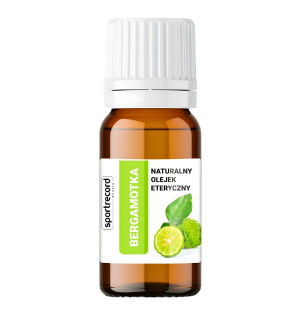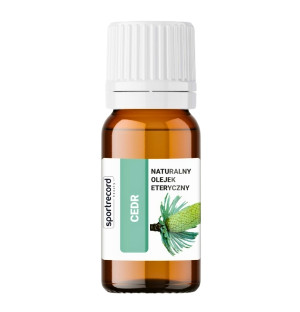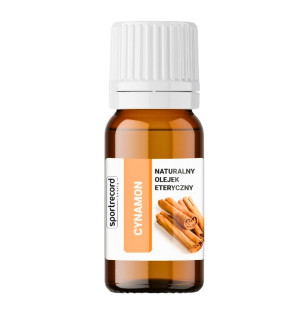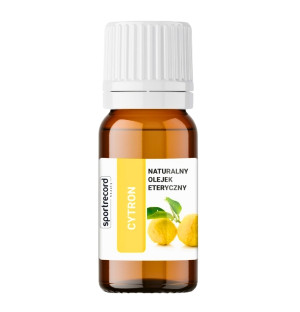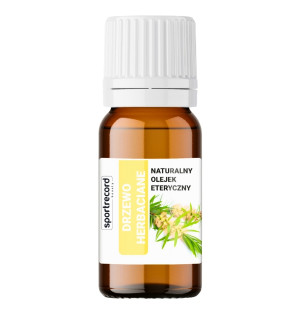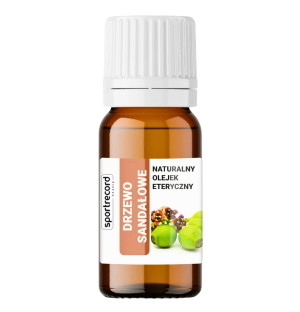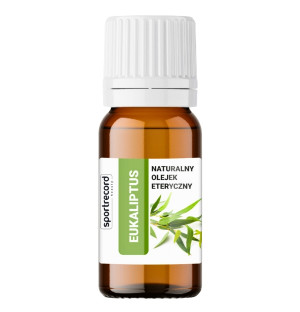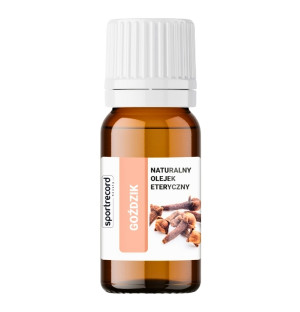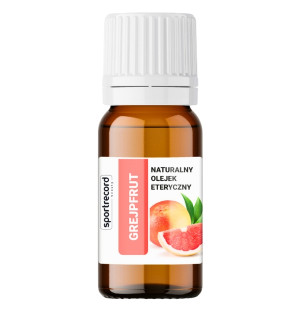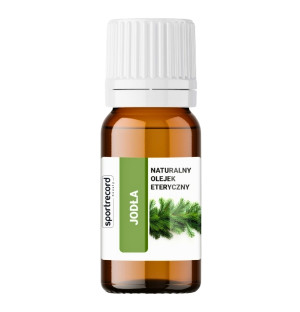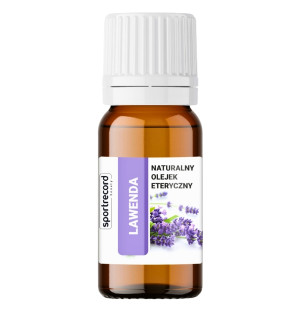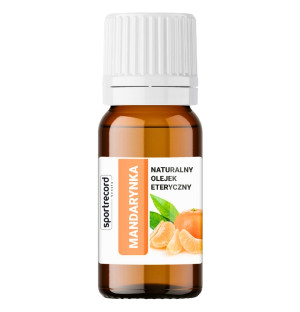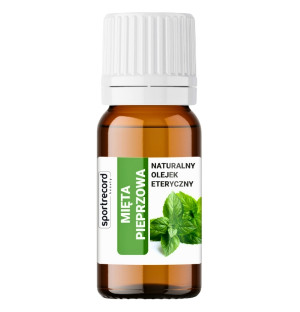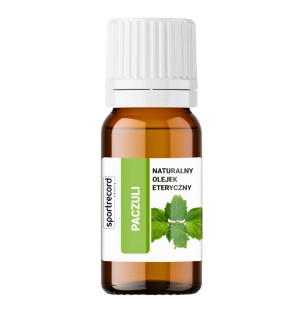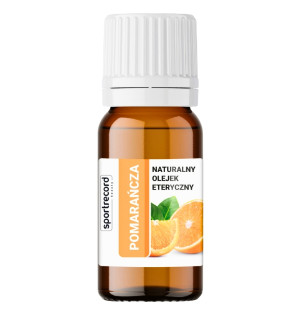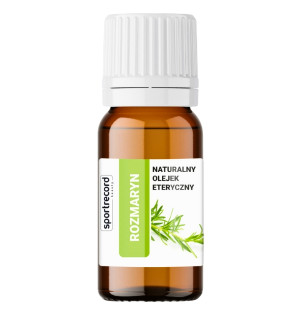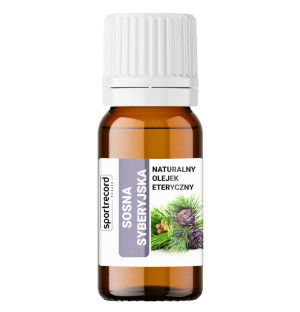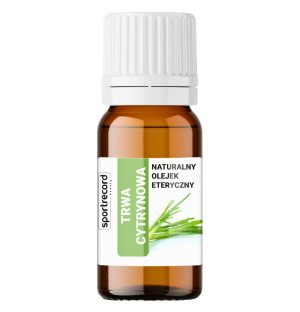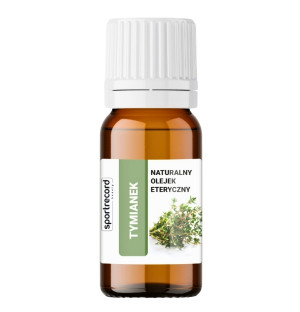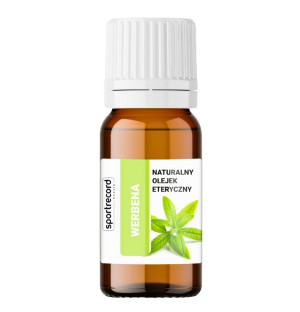Essential Oils & Aromatherapy
Essential oils are concentrated aromatic substances derived from plants that have supported health and bodily regeneration for thousands of years. In the world of sports and physical activity, essential oils have wide applications – from boosting focus before workouts, to relieving muscle pain afterward, and supporting recovery and sleep quality.
Each essential oil is a natural mixture of up to 300 active chemical compounds that work synergistically with the body through the respiratory system and skin. For athletes and physically active individuals, essential oils provide natural support during every phase of training – preparation, performance, and recovery.
What are essential oils?
Essential oils are volatile, aromatic substances obtained from different parts of plants – leaves, flowers, seeds, bark, roots, or stems. They are mainly extracted through steam distillation, a physical process that requires no chemical additives. Citrus oils are obtained by mechanically pressing the fruit peels.
Essential oils act in two main ways: physiologically – by affecting receptors, neurotransmitters, and the nervous system, and psychologically – by stimulating the sense of smell and triggering positive associations. This dual mechanism allows essential oils to both relieve muscle pain and reduce post-injury stress.
A key feature of true essential oils is their 100% natural origin and lack of synthetic additives. Unlike fragrance oils, true essential oils contain only compounds produced by the plant itself.
Types of essential oils for active individuals
Oils for focus and motivation
- Citrus (orange, lemon, grapefruit) – energizing, mood-enhancing before workouts
- Minty (peppermint, eucalyptus) – invigorating, aid concentration
- Rosemary – stimulates circulation and mental clarity
Post-workout recovery oils
- Lavender – eases muscle tension, promotes sleep
- Tea tree – anti-inflammatory for injuries
- Helichrysum – speeds up healing of microtraumas
Oils supporting respiratory function
- Eucalyptus, pine, fir – ease breathing during intense effort
- Thyme – helps clear airways
Relaxation oils
- Ylang-ylang, neroli – reduce blood pressure after intense workouts
- Bergamot, tangerine – relieve stress and fatigue
Benefits for athletes
Enhanced endurance and focus
Citrus and mint oils stimulate the nervous system, boost alertness and motivation before exercise. Studies show peppermint aromas can improve aerobic performance by up to 25%.
Pain and inflammation relief
Lavender, peppermint, and clove oils exhibit natural analgesic properties similar to non-steroidal anti-inflammatory drugs (NSAIDs), but without side effects. When diluted and applied topically, they relieve muscle and joint pain.
Recovery support
Tea tree, helichrysum, and frankincense oils accelerate healing of minor injuries, bruises, and skin abrasions common in physical activity.
Sleep optimization
Sleep quality is crucial for athletic recovery. Lavender oil has scientifically proven effects on improving sleep quality – increasing deep sleep duration necessary for muscle repair.
Respiratory support
Conifer and eucalyptus oils support airway clarity, especially during cardio workouts or running in challenging weather.
Natural detoxification
Lemon, juniper, and grapefruit oils support the body’s cleansing processes from toxins accumulated during intense exercise. They stimulate the lymphatic system responsible for removing metabolic waste from muscles.
Hormonal balance regulation
Regular use of oils may influence hormonal balance, especially relevant for athletes. Clary sage oil supports hormone production, and lavender helps regulate cortisol – the stress hormone.
How to use essential oils in sports
Aromatherapy before training
Inhale energizing oils 15–30 minutes before exercise to improve motivation and focus. Use a diffuser with 5–8 drops of citrus or peppermint oil, or apply 2–3 drops to a tissue and inhale for 5 minutes.
Motivational spray: Mix 50ml distilled water, 1 tsp alcohol, and 10 drops of orange oil. Spray your workout area before starting.
Topical application during activity
Sport gel with oils can be applied to joints and muscles before training. Mix 50ml aloe gel with 5 drops peppermint oil and 3 drops eucalyptus oil. Apply to knees, elbows, and wrists before strength workouts.
Pre-workout balm: 20ml coconut oil + 3 drops rosemary + 2 drops peppermint. Massage into temples and neck to boost focus.
Post-workout recovery
Recovery bath: After intense training, take a bath with 5 drops lavender, 3 drops tea tree, and 2 drops bergamot diluted in 1 tbsp jojoba oil or bath gel. Water temp: 37–39°C, soak for 15–20 minutes.
Post-workout massage oil: 30ml almond oil + 5 drops lavender + 3 drops helichrysum + 2 drops peppermint. Massage sore muscles in circular motions.
Support for regenerative sleep
Pillow spray: 100ml water + 1 tbsp alcohol + 8 drops lavender + 4 drops ylang-ylang. Spray your bedding 30 minutes before sleep.
Night roller: 10ml fractionated coconut oil + 6 drops lavender + 2 drops bergamot. Apply to temples, wrists, and behind the ears before bed.
Comparison with synthetic alternatives
Advantages over sports pharmacology
Essential oils vs. painkillers: Unlike NSAIDs, essential oils don’t irritate the stomach or burden the liver. They work gently and can be used long-term without addiction risk.
Oils vs. focus supplements: Synthetic nootropics can cause side effects like insomnia or anxiety. Essential oils naturally stimulate the limbic system, enhancing focus without the "crash" associated with caffeine.
Compared to recovery supplements
Oils vs. sleep supplements: Melatonin and other sleep aids may cause grogginess. Lavender aromatherapy supports natural melatonin production without disrupting circadian rhythm.
Oils vs. warming ointments: Conventional ointments often contain synthetic ingredients that may irritate. Natural essential oils work effectively while nourishing the skin.
Ecological and economic benefits
One 10ml bottle provides 200–300 applications, making it a cost-effective alternative to single-use pharma products. Additionally, essential oils are 100% biodegradable and environmentally friendly.
Quality and storage of oils
How to identify high-quality oils
Genuine essential oils should have:
- Latin name of the plant on the label
- Information on the plant part used
- Country of origin and extraction method
- Batch number and production date
- Dark glass packaging for UV protection
Signs of low quality: overly sweet or chemical scent, no origin info, plastic bottle, price far below market average.
Optimal storage conditions
Temperature: Most oils should be stored at room temperature (18–22°C). Citrus, tea tree, and conifer oils are best kept in the fridge – this extends shelf life by up to 50%.
Light: Always store in a dark place. UV light destroys the delicate terpenes responsible for therapeutic effects.
Air: Tightly seal bottles after use. Oxygen exposure leads to oxidation and reduced quality.
Shelf life: Citrus oils last 12–18 months; most others 3–5 years; some (patchouli, sandalwood) improve with age.
Essential oils are ideal for all physically active individuals – from beginner fitness enthusiasts to professional athletes. Especially recommended for:
- Endurance athletes – respiratory and recovery support
- Strength trainers – muscle pain relief and better sleep
- Contact sports practitioners – faster healing of minor injuries
- Professionally active people – stress relief and improved focus
- People with irregular lifestyles – restoring circadian balance
Usage safety
Essential oils are safe natural substances when used properly. Key safety guidelines:
Always dilute before applying to skin – a 2–3% dilution in a carrier oil (about 10 drops per 10ml) is ideal for adults. Use a max of 1% on the face.
Perform a patch test before first use – apply diluted oil to a small area of skin and observe for 24 hours.
Avoid contact with eyes and mucous membranes. If contact occurs, rinse thoroughly with water or vegetable oil (use oil, not water, for eyes).
Do not ingest without consulting a specialist. Some oils may be toxic if swallowed.
Store in a cool, dark place – citrus oils are best kept in the fridge. Most oils retain potency for 2–3 years; citrus oils about one year.
Contraindications: pregnancy and breastfeeding (some oils), epilepsy (avoid rosemary), plant ingredient allergies.
Frequently Asked Questions
Can I use oils right before a workout? Yes, but only via inhalation or in very small amounts on the skin. Avoid applying to skin immediately before heavy sweating.
How long do essential oils work? Aromatherapeutic effects last 30–60 minutes; topical effects can last several hours. Regular use may provide long-term benefits.
Can I blend different oils? Yes, blending creates synergistic combinations. Popular mixes include lavender + peppermint (recovery) or lemon + rosemary (focus).
Are oils allowed in sports? Yes, natural essential oils contain no substances banned in anti-doping regulations. They are safe for all athletes.
How many drops in a diffuser? For a 20m² room, 5–10 drops are enough. Start with less and adjust to preference.
Why buy from GymHub.pro?
GymHub.pro specializes in products for active people and understands athletes’ unique needs. We offer only 100% natural, high-quality essential oils with origin and biochemical composition certificates.
Our oils are carefully selected to meet the needs of active individuals – from boosting performance to optimizing recovery. We ensure fast delivery, expert advice, and product freshness guaranteed by proper storage.
Legal Disclaimer
The information provided is for educational purposes and does not replace medical advice. Essential oils are not medicines and are not intended to diagnose, treat, or prevent any disease. If you have health concerns, consult a physician. Products are not intended for pregnant or breastfeeding women or children under 6 years of age without specialist advice.

